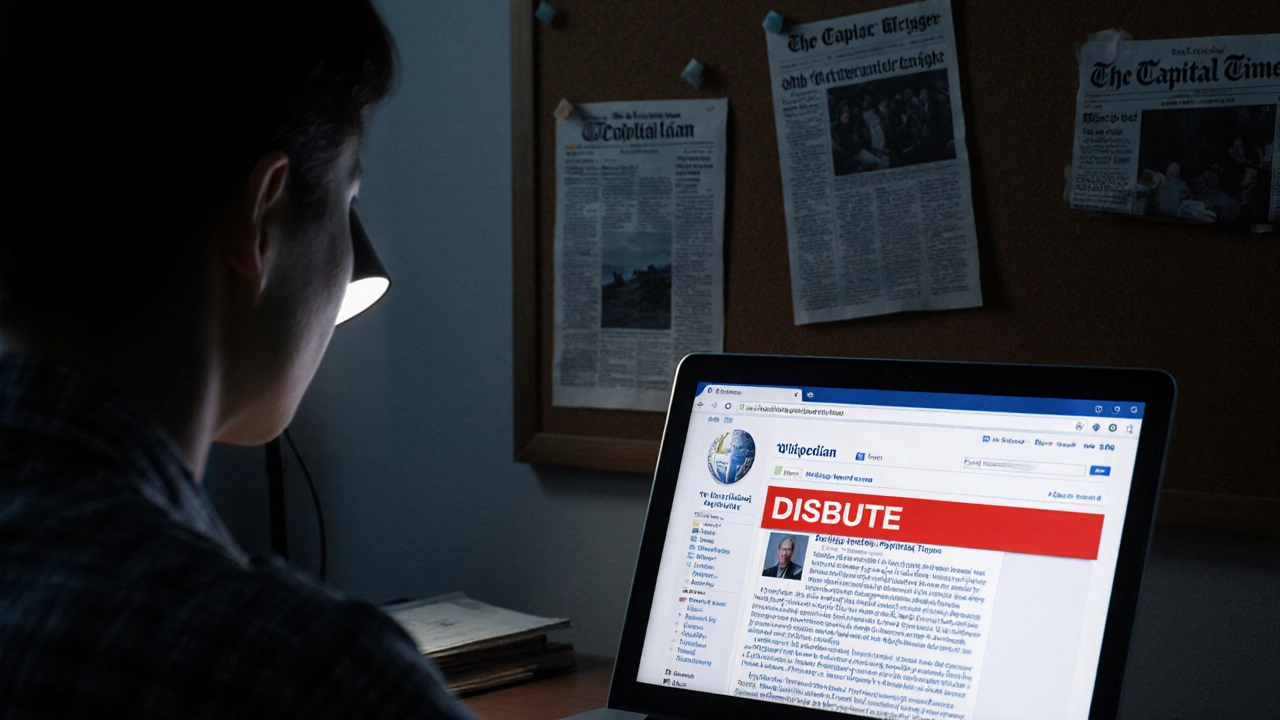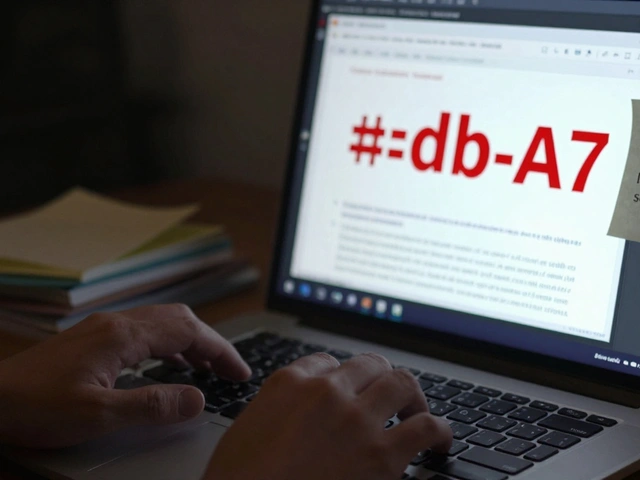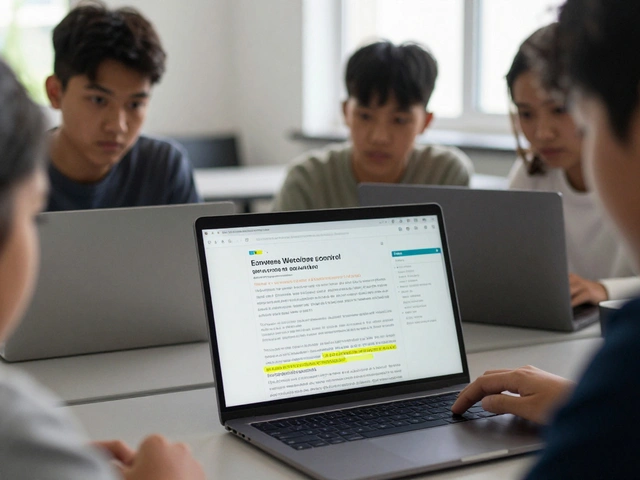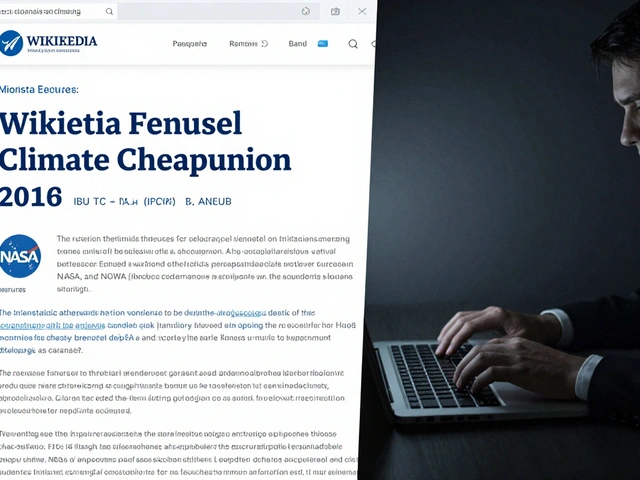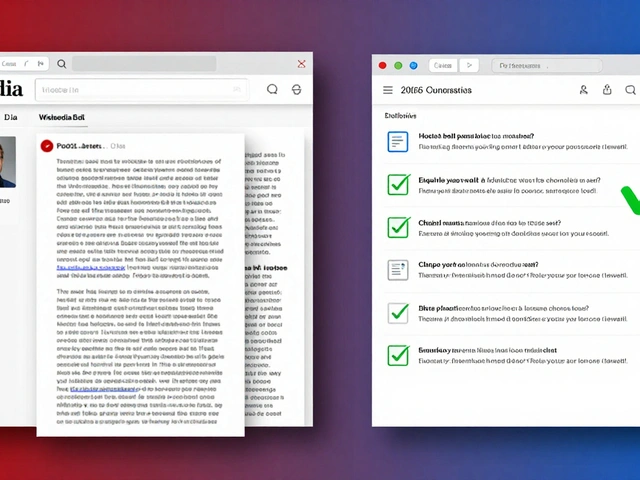Wikipedia editing conflict: Understanding disputes, consensus, and how editors resolve clashes
When you edit Wikipedia editing conflict, a disagreement between editors over content, tone, or sourcing that can escalate into repeated reversals or hostile exchanges. Also known as edit wars, it’s not about being right—it’s about building a neutral, well-sourced article that reflects reality, not personal opinion. These conflicts aren’t bugs in the system; they’re part of how Wikipedia works. Thousands of editors push back, cite sources, and debate wording every day. Most disputes end quietly. A few turn loud. But the rules are clear: no personal attacks, no original research, and always follow the evidence.
What drives these conflicts? Often, it’s Wikipedia policies, mandatory rules like neutral point of view, verifiability, and no original research that all editors must follow. When someone adds a claim without a reliable source, others revert it. When someone pushes a minority view as if it’s mainstream, others fix it using due weight, the policy that requires articles to reflect the proportion of evidence from credible sources, not popularity or bias. Then there’s Wikipedia consensus, the process where editors discuss, compromise, and agree on changes through talk pages—not votes or force. It’s messy. It takes time. But it’s how Wikipedia stays reliable.
Some conflicts come from outside the site. Harassment, copyright takedowns, or AI-generated edits that erase nuance can trigger backlash. Others are about representation—like who gets covered, how Indigenous knowledge is cited, or whether pop culture gets equal weight with science. These aren’t just technical disagreements. They’re about power, access, and whose voice counts. That’s why task forces, WikiProjects, and the Wikipedia Signpost, a volunteer-run newspaper that tracks community decisions, policy shifts, and editor trends exist—to spot patterns and help editors navigate deeper issues before they explode.
Good conflict resolution doesn’t mean silence. It means listening, citing sources, and staying calm. It means using the watchlist to track changes, checking the article’s history, and posting on the talk page instead of reverting in anger. It means knowing when to step back and let others weigh in. The best editors don’t win arguments—they build understanding. And that’s what keeps Wikipedia alive.
Below, you’ll find real stories from inside these disputes: how journalists misuse Wikipedia, how AI edits create new friction, how volunteers clear copy-editing backlogs, and how communities fix systemic bias one article at a time. These aren’t abstract rules—they’re lived experiences of people trying to make knowledge open, fair, and accurate.
How to Repair Your Reputation After a Wikipedia Dispute
Wikipedia disputes can damage your reputation even after they’re resolved. Learn how to recover by using credible sources, avoiding conflict-of-interest mistakes, and building positive content that outranks the article in search results.
